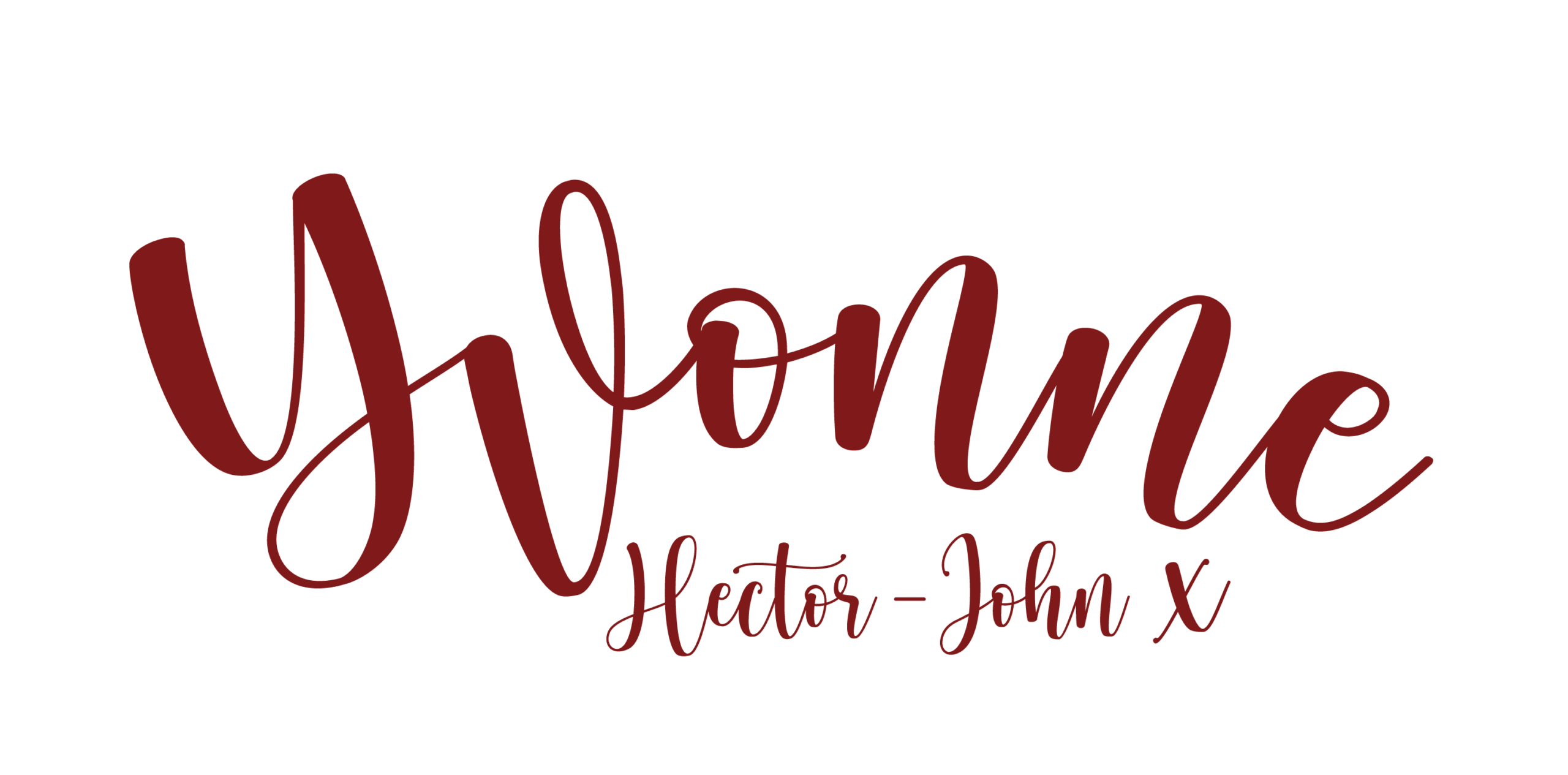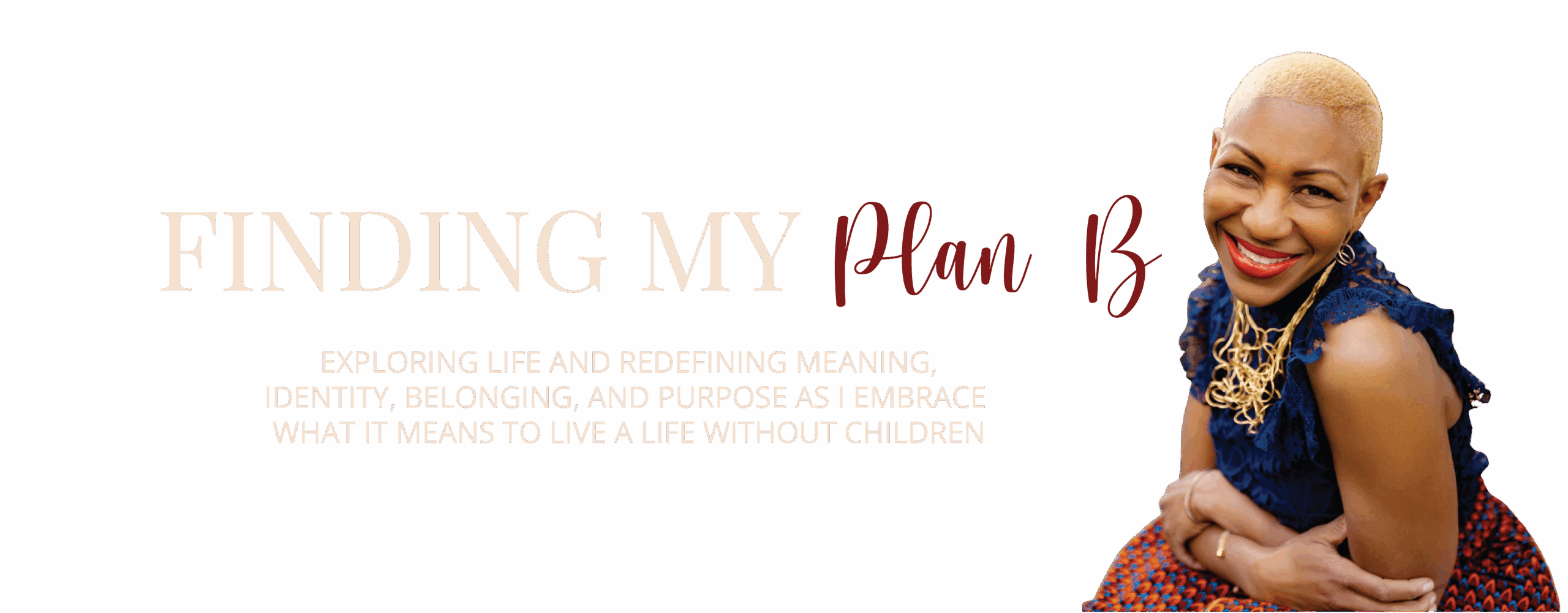As we draw to the end of World Childless Week, I won’t say “until next year” because these conversations don’t pause; they remain on our lips as we keep breaking the silence around our journeys of living without children. I sit back with joy as I reminisce on this past week. I had the honor of chairing the Living with Chronic Illness panel, as well as being a panelist on the Intersectionality and Childlessness panel at Storyhouse Childless in Chester. I also spoke at EY’s Childfree & Childless community (CFCL), and joined the panel for the Childlessness, Grieving, and Love: What Changes webinar. What a week it has been – I learned about grief, love, connection, and power in those moments – and it’s not over yet. Look out for my pre-recorded conversation with Civilla Morgan for Moving Forward, due for release on Sunday 21st

StoryHouse Childless: Safety, Ritual, Transformation
StoryHouse offers something different not a corporate setting, but a sacred space of storytelling, reflection, ritual. It’s where the raw edges can show: tears, anger, regret, laughter that comes unexpectedly. At StoryHouse I learnt:
That grief does not run a straight course. That in telling my story, I might revisit old wounds, but also uncover hidden gifts: resilience, courage, an ever-deepening life of meaning beyond what I’d been told “should” define me.
That sharing stories is ritual: each person speaking becomes a caregiver of truth. There’s care in listening, in witnessing, in not rushing the narrative or the pain.
The power of transformation: when we turn our stories into something offered to others, to ourselves, we change something. Not always what we expected. Not always what’s visible. But something shifts.


EY’s CFCL Community: Permission to Name
When my EY Childfree & Childless Group (CFCL) invited me to speak, it felt like being invited to show up ‘as I am’ in a place that didn’t always make space for people like me. Workspaces are complicated: they reward visible “success”, productivity, certain life narratives. The childless not by choice (CNBC) story often doesn’t fit neatly into that.
Speaking there meant naming what is usually hidden:
What it feels like to attend baby showers, to hear about maternity leave, to be asked “when’s it your turn?”
What it feels like when you’re present physically but your heart is somewhere else, when people assume your life story includes children.
The mixture of grief, longing, and defiance that accompanies hearing “you must be okay with it by now” or “you have a career, you travel, you have other joys.”
What surprised me was the soft power in sharing. Suddenly others said, “Me too.” The room that felt lonely became more alive. The CFCL space became a space not just of acknowledgement but of community. I realised that speaking is not just about having others understand me, it’s about letting me understand myself better, and letting others see themselves in me.
World Childless Week: Raising Our Voices Together
World Childless Week (WCW) is unique in its scale and its purpose. It’s bringing light to the “little hurts”, the yes‑and‑no moments, the subtle erasures, the normal days that carry hidden weight. WCW reminds me:
There is strength in collective visibility. When thousands of people share small truths; “I longed for this”, “I grieve that”, “I have found meaning”, the landscape of what is possible shifts. Society’s assumptions begin to crack.
The work of awareness is also the work of healing. It invites others to start asking questions they may have avoided: “What does it mean to find a fulfilling life without children?” “What do people need from someone in my life who is childless?” These aren’t easy questions. They require courage, vulnerability.
That grief needn’t be hidden, and hope needn’t be performative. There is room for rage, for sorrow, for messy emotions and also for tenderness, for friendship, for small moments of joy. All of it matters.

What I’ve Discovered Across These Spaces
Putting together my experiences across StoryHouse, CFCL and WCW, here are some of the discoveries I want to carry forward and share because I believe they help all of us in this childless‑not‑by‑choice community, especially Black women and women of colour, whose stories are often double‑silent: silent across childlessness, and silent across race.
1. Naming is liberating
Putting words to what we feel, the longing, the shame, the questions, allows us to reclaim power. When we name it, it stops owning us.
2. Community matters deeply
Being among people who see you, who nod, who share similar invisible scars, helps you feel less broken. These spaces reduce isolation. They allow us to hold ourselves with gentleness.
3. Visibility changes culture
Every talk, every shared blog, every social media post, every webinar in WCW shifts someone’s internal map. It tells someone: “You are included.” That the childless voice is valid. That the path of childlessness not by choice or coming to a life without children is not an oddity or a failure, but a lived experience worthy of respect and recognition.
4. Race, identity, intersectionality cannot be optional
Our grief is shaped by race, by expectations, by multiple layers of invisibility. As a Black woman, I carry both cultural expectations around motherhood and the erasure of my pain. Speaking helps me demand that those intersections be seen, not glossed over.
5. Healing is not linear, but it is possible
There is no point at which you simply “move on.” But there are moments: of peace, of acceptance, of discovery, of love. They emerge when we allow ourselves to feel, speak, rest, connect. When we let go of timelines others impose on us.
Closing Thoughts
Speaking, for me, always carries risk. Risk of being misunderstood, of being pitied, of being discounted. But the risk is outweighed by what opens up when I do: a space for authenticity; a bridge to others who thought they were alone; a kind of belonging that’s built on honest truth rather than performance.
To anyone reading this who is childless not by choice, especially if you are quiet, or afraid to share: your story matters. Your grief matters. Your longing matters. And your presence matters even when it’s invisible. When you speak in whatever way you choose you are doing radical work.
You are not alone. You are not broken. Your voice is needed.
Contact me
If you would like me to speak at your event, at your workplace, or if you’d like 1:1 support, please contact me.





Recent Comments